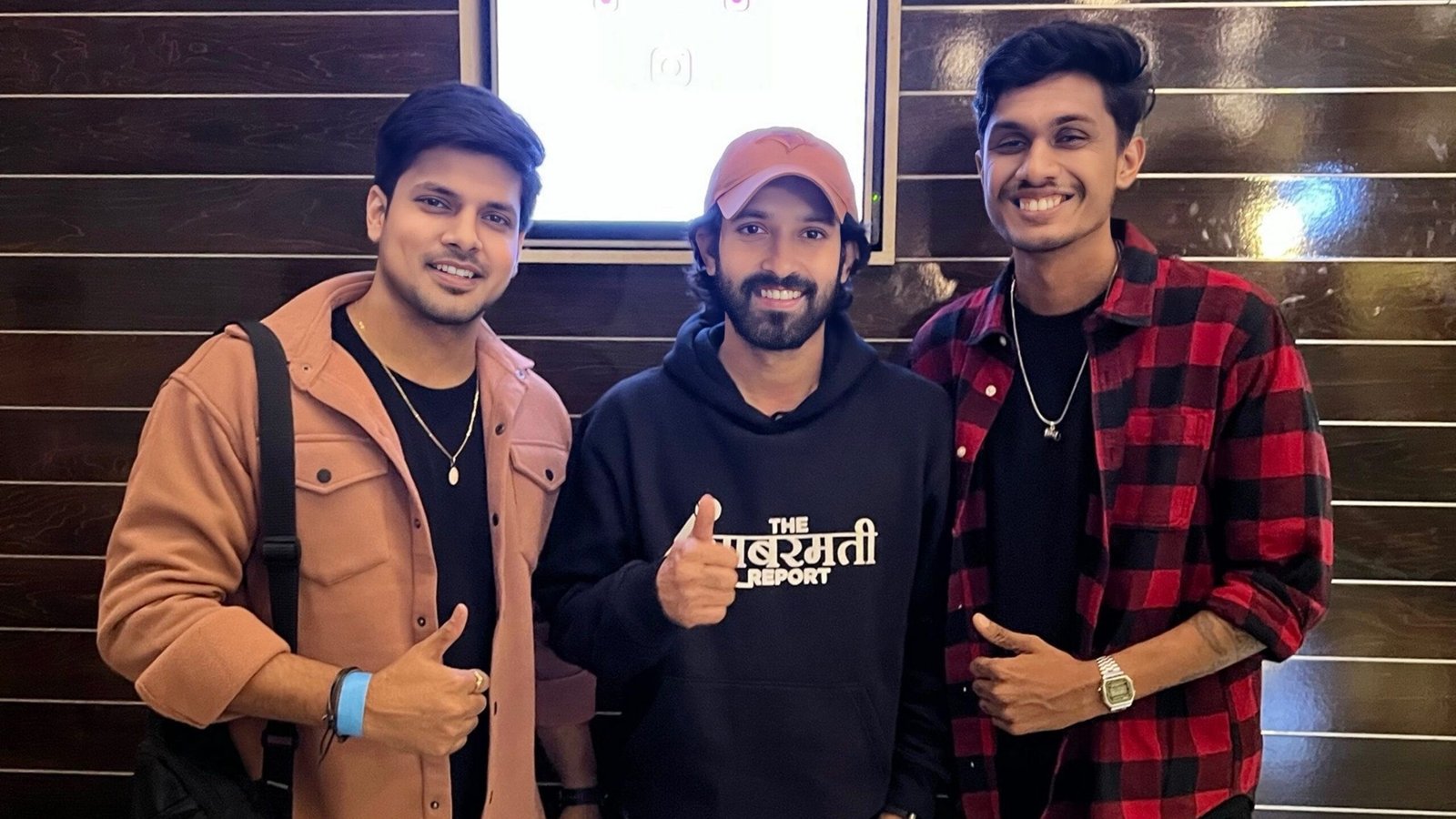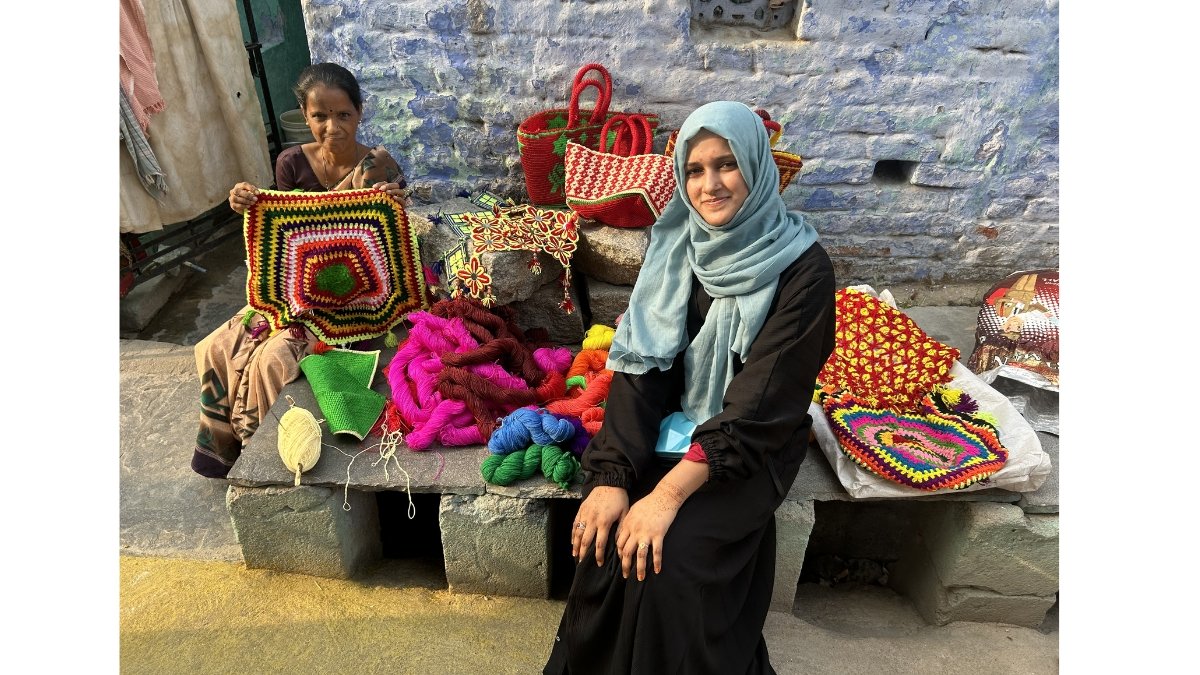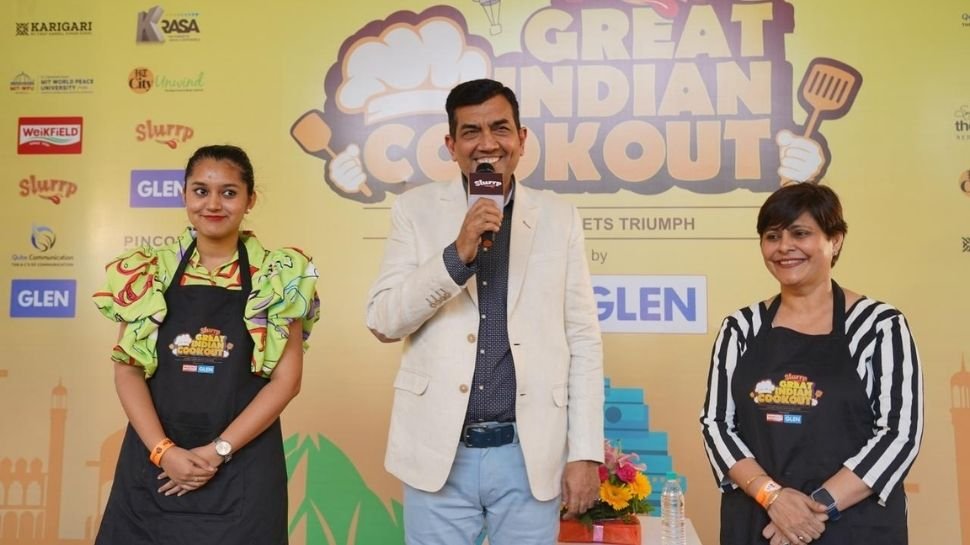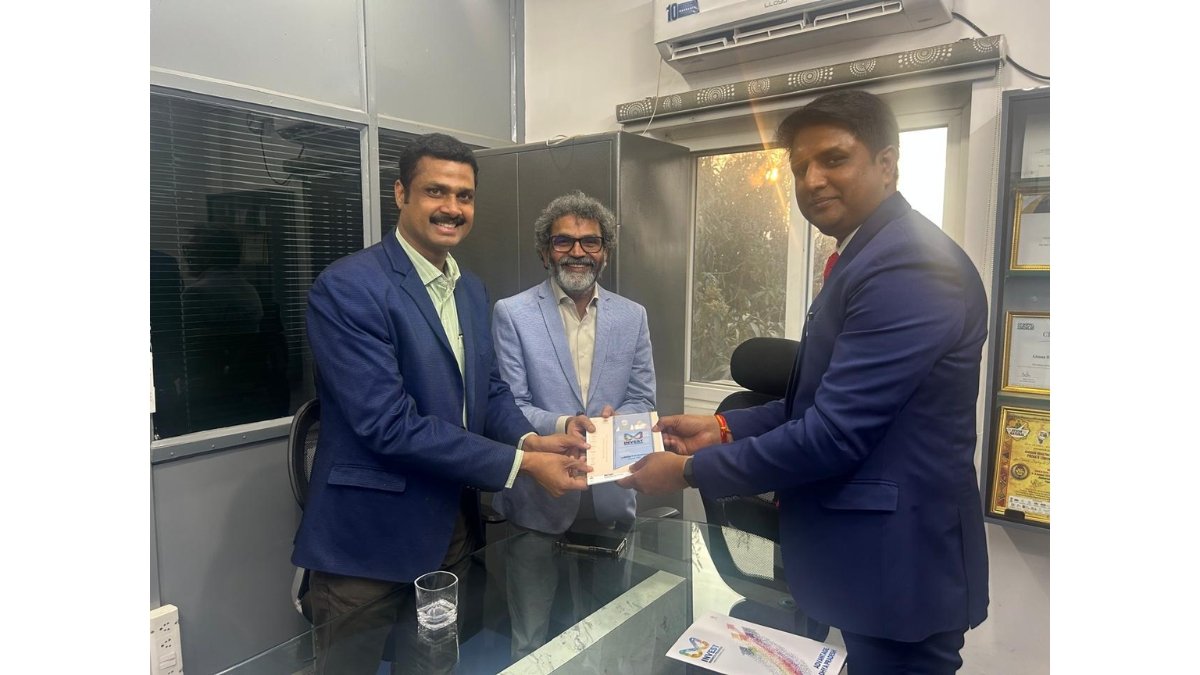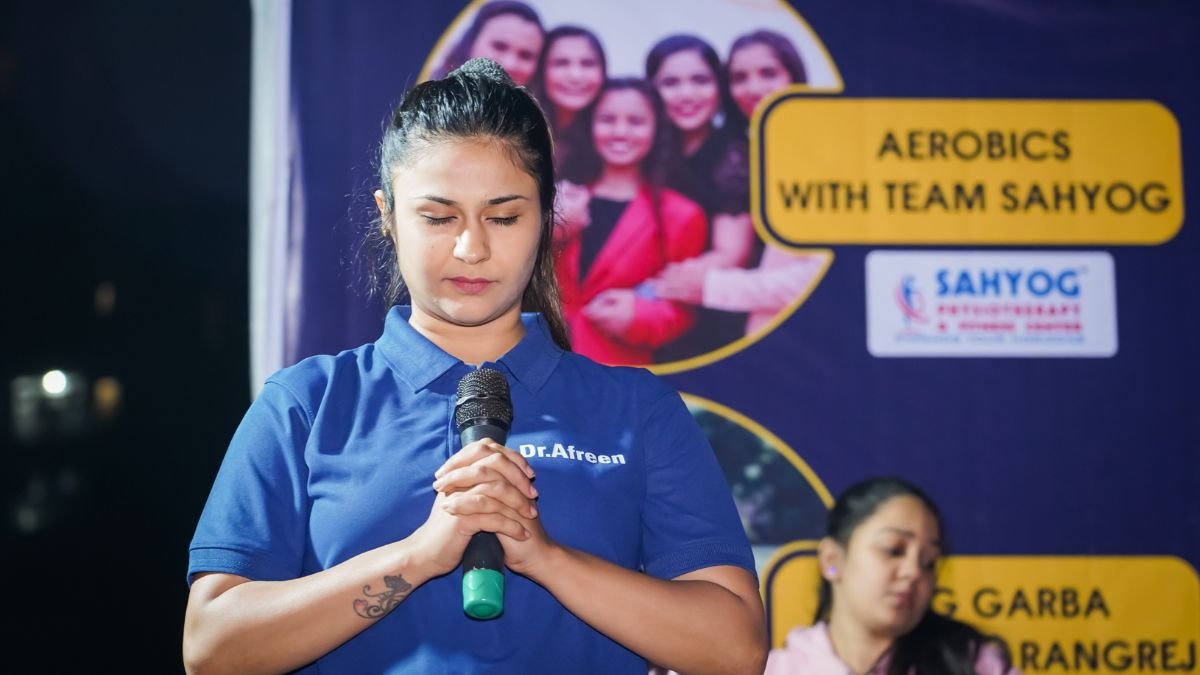New Delhi [India], May 9: In Raichur and Yadgir—two of Karnataka’s most underserved districts—people with disabilities are getting steady, stage-by-stage support that follows them through life. From early therapy and school access to jobs, self-employment, and old-age care, the Life Cycle Approach (LCA) ensures no one is left behind because of disability or geography.
Dr. N.S. Senthil Kumar, CEO of the Association of People with Disability (APD), shares how this approach is helping people live more independently and with dignity—at every stage of life.
Q: What happens when persons with disabilities are supported not just once, but throughout their lives?
In India, disability support is often fragmented—a therapy camp for a child, a pension for an adult, or a one-off wheelchair donation. But in Raichur and Yadgir, two of Karnataka’s most underserved districts, something very different is unfolding. The Life Cycle Approach (LCA), pioneered by the Association of People with Disability (APD), is providing sustained, age-specific interventions—starting from early childhood and continuing through school, work, and old age.
The model recognizes that disability evolves across time and life stages. A child with cerebral palsy may need physiotherapy and school access, a young adult may need employment or seed capital, and an elderly person may need mobility aids and social support. The LCA program is built to follow that journey—ensuring people are never left behind at any age.
Q: Why were Raichur and Yadgir chosen for this kind of model?
Both districts represent the challenges of working in deeply rural, developmentally lagging geographies. Raichur, with a population of 1.9 million, has a literacy rate of 60.46% and has been classified as one of the 250 most backward districts in India. Its people, especially persons with disabilities, face challenges accessing even basic services. Yadgir, Karnataka’s youngest district with 1.17 million people, has the state’s lowest literacy rate—just 51.83%—and a largely rural population that remains isolated from mainstream welfare systems.
These are not easy places to work in—but that is precisely what makes them ideal for testing what a strong, community-rooted inclusion model can achieve.
Q: What kind of reach and results has the Life Cycle Approach achieved?
Across both districts, the numbers tell a story of scale and depth. In Raichur, between 2022 and 2025, more than 6,000 persons with disabilities have received direct support. An additional 27,910 stakeholders—from ASHA workers and teachers to parents and panchayat leaders—have been trained and sensitized on disability inclusion.
In Yadgir, inclusive education initiatives have reached 7,997 children. More than 1,503 teachers have been trained to deliver inclusive learning, and 944 children have been connected to disability-linked scholarships and travel allowances. School retention stands at 76% among children with disabilities, and 68 children who had dropped out of school have rejoined.
But it’s not just about education. In both districts, economic empowerment has taken center stage. In Yadgir, 300 persons with disabilities have received seed funding for self-employment. A follow-up of 112 entrepreneurs revealed that 96 are earning consistent monthly profits. In Raichur, similar interventions have helped individuals like Srinivas and Basavantharaya not just rebuild income, but reclaim independence.
Q: Who are the people behind these numbers?
The case of Srinivas in Raichur is striking. At 34, after losing his left arm in an accident, he could no longer work his fields or support his family of seven. With a ₹10,000 seed fund and entrepreneurship training, he expanded a kirana shop. He later took up a job as a security guard in Bengaluru, earning ₹18,000 per month. Today, he saves ₹15,000 every month—far beyond what he once thought possible.
Also in Raichur, Basavantharaya, a 50-year-old with a locomotor disability, used the same seed fund to start a fruit-selling business. He now earns ₹100–₹150 daily, supporting his medical needs and family with dignity. Padmamma, aged 53, who once struggled with daily mobility, now moves independently thanks to physiotherapy, home modifications, and assistive aids.
In Yadgir, Pavithra, a 9-year-old girl with cerebral palsy, was once completely bedridden. Her parents were seasonal migrants and she lived with her grandmother. After months of therapy, nutrition support, and capacity building, Pavithra can now walk with minimal help. Her story mirrors that of Devaraj, aged 10, who went from crawling with scissoring gait to walking with support, managing stairs, and achieving daily independence.
Q: How is the program helping families build long-term resilience?
Beyond individual stories, the program is building collective power. In Yadgir, 78 Self-Help Groups (SHGs) have been formed with 817 members, made up of persons with disabilities and their caregivers. These groups have already saved ₹5.85 lakh, and 65% are actively engaged in internal lending and income generation. The SHGs also serve as a platform for financial literacy, accessing government schemes, and leadership training—laying the foundation for future resilience.
In both districts, community ownership is central. Whether it’s parents being trained in home-based therapy, teachers learning to build IEPs, or village leaders advocating for disability entitlements, the LCA model is shifting not just outcomes—but mindsets.
Q: What is the bigger message behind the work in Raichur and Yadgir?
The Life Cycle Approach is more than a program—it’s a philosophy. It treats persons with disabilities not as passive recipients of charity, but as active agents with aspirations that evolve across time. In Raichur and Yadgir, it is proving that even in the most underserved places, systemic inclusion is possible when it’s designed to be continuous, contextual, and community-driven.
What’s most powerful is that the transformation is visible not just in metrics, but in the quiet confidence of people who had been forgotten—now standing, walking, earning, and participating in their own futures.
If you have any objection to this press release content, kindly contact pr.error.rectification@gmail.com to notify us. We will respond and rectify the situation in the next 24 hours.





